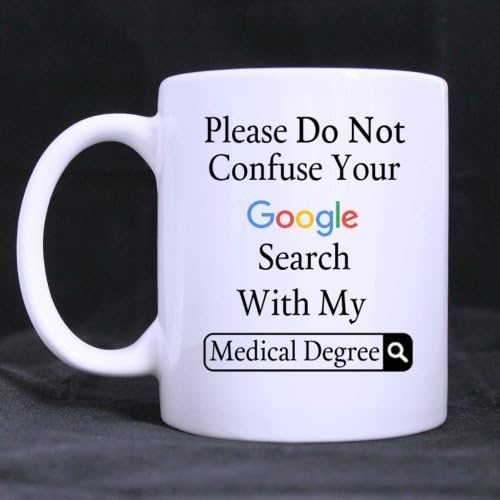First, I'm surprised this thread isn't locked already. You guys are pushing 500 messages without a lock--that's impressive. Things must be getting more civil on PoA.

With respect to masks: It appears that there are quite a few published studies on the effectiveness of masks (medical masks, in particular) from various parts of the world over quite literally decades of study, mostly with respect to the spread of influenza. I have read through many of them. Most of them show a clear benefit from approved respirators, some benefit to surgical masks, and an undetermined benefit (even for source transmission) of generic cloth "face coverings" such as the ones which are the subject of most of the current "mask" requirements in the U.S. In all cases, the efficacy depends largely on proper protocols for use being strictly followed: this includes ensuring a proper fit, not handling or touching the mask while in use, and after removal either replacing or sanitizing the mask before reapplication. Some of the studies also warn that *not* following proper protocols for use could *increase* the risk of transmission. These conclusions and warnings appear to be consistent with published recommendations from the CDC, WHO, and other health authorities.
The bottom line is that while there is clear and consistent credible evidence that approved medical masks reduce the transmission of infection, there appears to be little to no such evidence for general cloth face coverings. Even if there were, the reliability of results would depending both on the controlled design and manufacturing of such coverings *and* the wearer adhering to proper protocols for use. The current "face covering" recommendations and mandates appear to be nothing more than a general hope that they *might* do something without any negative side effects, but even the latter has not been clearly established and is a point of debate. One thing that appears to be clear: the recommendations are not the result of conclusive science on the matter.
With regard to an individual's obligation to reduce the risks of others: In a society which would like to remain relatively free, the obligation is necessarily rather limited. It's a choice between freedom and safety; the more safety, the less freedom. In this particular case, those who desire mask requirements for all are asking for the removal of freedoms of those who don't, in the name of safety for themselves. On the other hand, those who oppose the requirements aren't removing any freedom from those who want them. Millions of people from all over the world have come and desired to come to the U.S. because of its protection of individual liberties, not for its position on individual safety; millions of lives have been lost in wars to protect those liberties, not to remove the risks which accompany them. In order to protect those freedoms, it is necessary to demonstrate incredible restraint before restricting or remove any of them, and when we do restrict them, ensure that there is overwhelming justification for doing so (hint: "It's probably a good idea" may be true, but it is not sufficient justification).
I am not going to enter into a debate over the data--it is what it is. If you believe that some states are under-reporting or over-reporting, that's up to you. What the reported data appears to show, however, is that the majority of fatalities (and in some areas, the vast majority) have been suffered by people who were soon likely to become all-cause fatalities anyway. Again, there are many things that we can do to reduce all-cause fatalities, but there is always a cost--and yes, sometimes the cost won't be worth the benefit to society as a whole.


